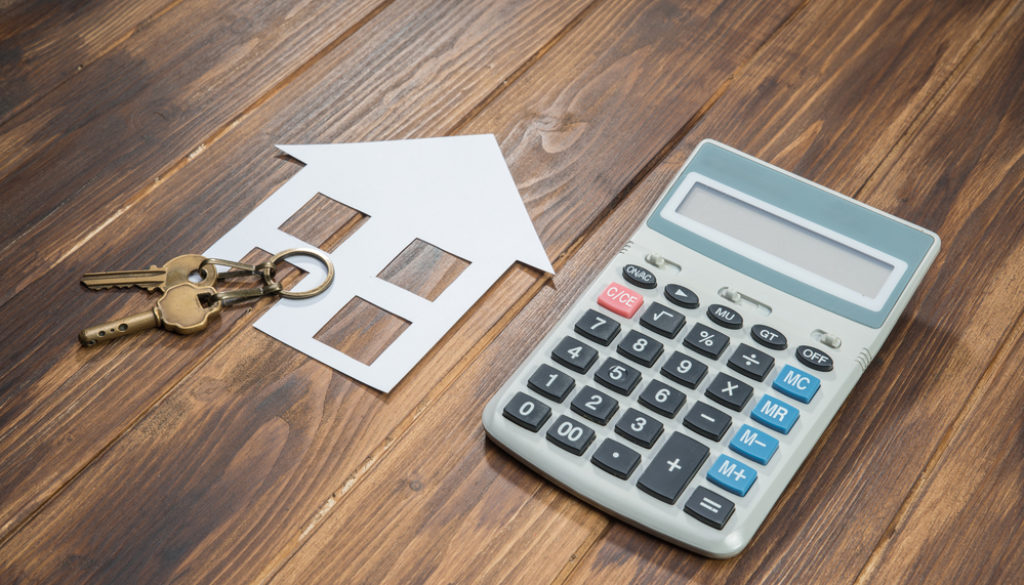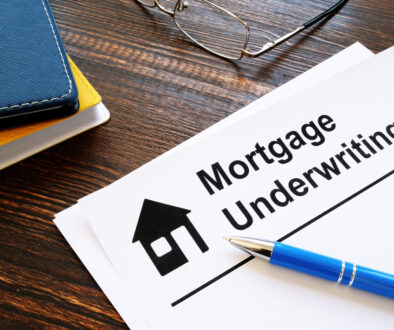What You Need to Know About Mortgage Points, Part 1
When it comes to mortgages and mortgage rates, one area many borrowers look to is known as mortgage points. A way to essentially “buy down” your interest rate, mortgage points can be highly beneficial to borrowers when they’re utilized properly.
At Primary Residential Mortgage, our team will help you understand exactly how mortgage points work during any mortgage application situation where they are an option. This two-part blog will help define mortgage points and what they accomplish, plus dig into whether using them is the right choice for you as you move forward with your home purchase.
Mortgage Points Definition and Purpose
There can be some confusion about this term, which might be used for another purpose in some circles. Some in the mortgage world refer to “points” as the term for the loan origination fee charged by a bank or loan officer, but in this case, we’re referring not to that, and rather to buying down your mortgage rate.
Essentially, mortgage points refer to a single percentage of the total loan amount. When they’re used, you pay these totals in advance, similar to a down payment, and in turn your interest rate is lowered by a corresponding amount for the life of the loan. There are certain loans or programs where paying points is required to get a certain advertised interest rate, but also certain others where you may have the choice between paying points and paying the traditional rate.
Finding Break-Even Point
In simple terms, determining whether mortgage points make sense for you comes down to determining the “break-even point” – the point at which you fully recoup the cost of the points through lower monthly interest payments. This break-even point may not come for a while in some cases, and often requires assessing your risk tolerance and willingness to basically be in the hole by some amount until the cycle catches up to itself and you’re back in the black.
Break-Even Factors
Determining your break-even point will require assessing a variety of financial factors, including your own income expectations and investments. In addition, you’ll have to consider your tax bracket and savings rates on any accounts you have in this realm.
While each individual situation will be different based on these unique factors, one factor that’s relatively constant for all considering paying points is how long you plan to live in the home. Most break-even points don’t come until at least a few years into the mortgage, and often longer, meaning choosing to pay points will not be worth it if you plan to flip the home in just a few short years. But if you plan for this to be a forever home you’ll spend decades in, points and their resulting long-term savings might be just the thing for you.
For more on mortgage points, or to learn about any of our mortgage loan services, speak to the staff at Primary Residential Mortgage today.




